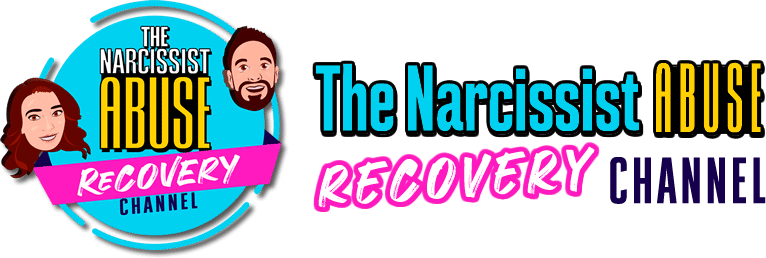Navigating the Complexities of Reactive Abuse
- Reactive abuse is often misunderstood and misrepresented.
- Victims may lash out after prolonged abuse, leading to accusations of being the abuser.
- Narcissists often flip the script, projecting their behavior onto the victim.
- The cycle of abuse can lead to a breaking point where victims react out of character.
- Communication with a narcissist is often met with denial and deflection.
- Healthy relationships require conflict resolution and open communication.
- Victims may feel they are losing their identity in abusive relationships.
- The emotional toll of narcissistic abuse can lead to significant personal change.
- Understanding the dynamics of reactive abuse is crucial for healing.
- Self-awareness and therapy can help victims reclaim their identity. Recognizing the signs of abuse can be difficult.
- Reactive abuse is a natural response but still harmful.
- Narcissists thrive on chaos and conflict.
- Leaving an abusive relationship is a personal decision.
- Self-reflection is crucial for healing.
- Forgiveness of oneself is part of recovery.
- The gray rock method can help manage interactions with narcissists.
- Co-parenting with a narcissist requires careful strategies.
- It’s important to own your response to abuse.
- Support systems are vital for recovery.
- 00:00 Introduction and Personal Updates
- 01:17 Understanding Reactive Abuse
- 03:50 Defining Reactive Abuse
- 05:52 The Cycle of Reactive Abuse
- 12:08 The Denial and Escalation Dynamics
- 18:30 Communication Breakdown in Narcissistic Relationships
- 23:20 The Illogical Nature of Narcissistic Conflict
- 29:59 Personal Reflections on Change and Identity
- 30:50 The Struggles of Recognizing Abuse
Narcissist Abuse Recovery Channel: IG: @narc.podcast
Show sponsored by: Male Victims of Female Narcissists and Jafari Legal





